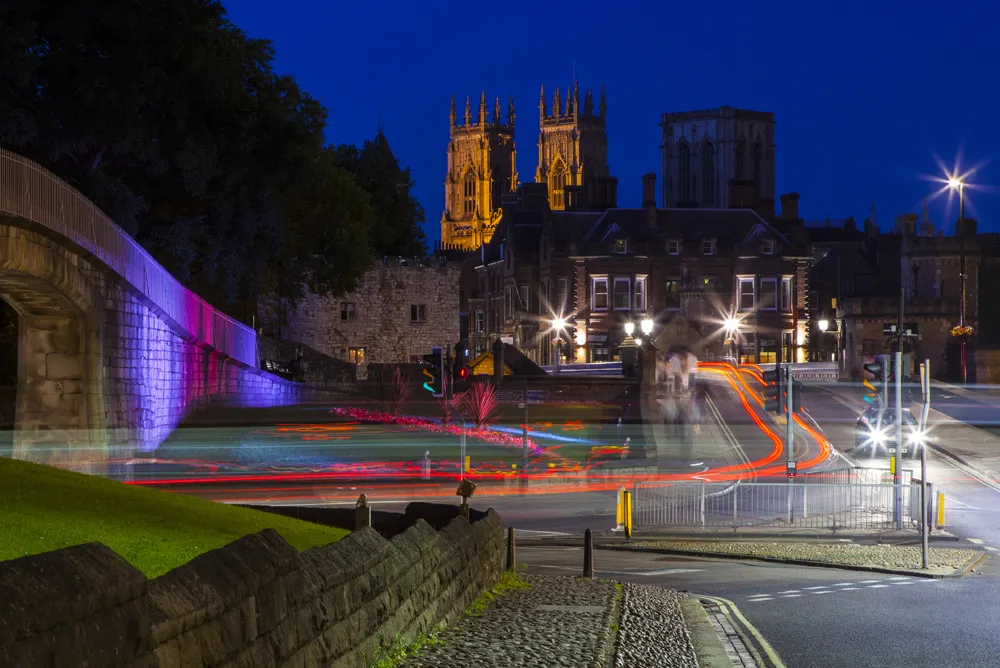Mapmaker TomTom and German automaker Bosch have joined forces to develop a high resolution mapping system using radar.
June 12, 2017
Read time: 1 min
Mapmaker
The technology is intended to enable allow automated vehicles to collate road data in real time via radar sensors and determine their exact location down to a few centimetres. The data will be integrated into TomTom’s mapping system. According to Bosch, the radar sensors can operate reliably at night and in poor visibility and only need to transmit five kilobytes of data per kilometre.
Bosch plans to launch the system in Europe and the US by 2020.







